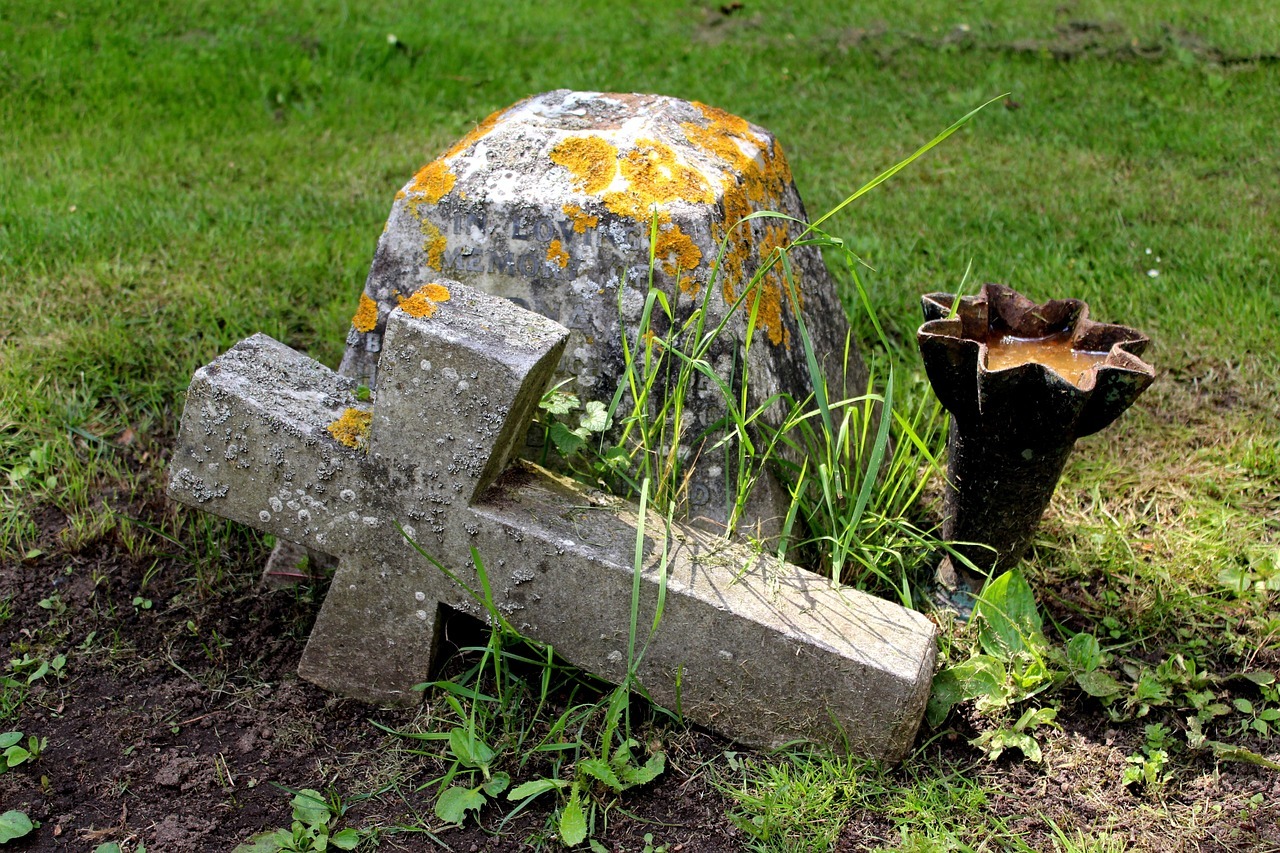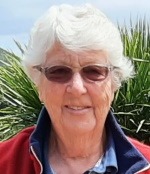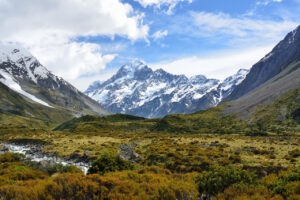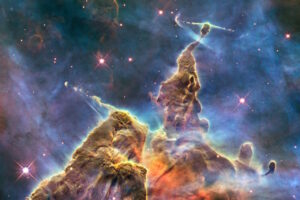I have recently been to two Catholic funerals for dear friends and was once again struck by the older theologies that so often underpin such events. We were back in a three-tiered cosmos of Earth, a place of suffering, of Heaven, a place of great happiness, and a place hinted at but not named as Hell somewhere underground. We pray that the departed will enter into the joys of heaven, and not end up somewhere worse than Earth.
But science around the origins of our cosmos means perceptions around the three-tiered cosmos that dominate both the Old and New Testaments have meant shifts in thinking for some of us. We learn that our origins are there in stardust and along with all creation are unique manifestations of a sacred cosmic communion. No matter our ethnicity or gender we all can trace our beginnings back to the Big Bang. While growing numbers of us feel comfortable with such thinking, I wonder if we need to think more about life after death, and move beyond thinking about “up there.” I saw an advertisement recently for “stardust” cremations, a reminder to me that our endings are essentially related to beginnings.
Gen 3:19 informs us that we are dust and unto dust we shall return. This has always been interpreted as a punishment for sinfulness – we are back in a three-tiered universe with a place of punishment below us in the underground. But what is “underground” is life-giving, nourishing, and sustaining for all creation. Perhaps we need to rethink what words such as “new life” really mean for us today. Do we, through death and burial in Mother Earth, become new life for other creatures?
When we think about death and afterlife, we can slip back easily enough to a three-tiered theology that sees death as an escape from this material world of pain and suffering. I believe we need to start thinking differently. I end this reflection with a reflection from Neil Darragh, New Zealand priest and theologian.
O God, Earth’s warmth,
Keeper of sadness,
You in whom we rest,
You guardian of time’s rhythm
Hold these deaths in deep compassion
hold them closely in warmth and memory,
hold them moistened and potent,
hold them nurtured and guarded.
Soften us to the rhythms of your gracious living,
support us in the grips of death’s cold stripping,
release deep within us our last giving
that we become graceful to you.
At Home in the Earth: Seeking an Earth-centred Spirituality. Accent Publications, 2000, 26.
Susan Smith RNDM is a lecturer emerita in The University of Auckland’s Department of Theology. Her PhD was on developments in Catholic missiology after Vatican II. After her retirement from The University of Auckland, Susan also provided NT modules for the University of Newcastle, Australia, and a Women in Leadership module for Duquesne University. Susan lives with another member of her congregation in Whangarei, New Zealand, where both are committed to exploring experientially what it means to live in an eco-community. Both are involved in neighborhood environment organizations. They are particularly interested in what might shape eco-spiritualities in New Zealand.





Thank you for your thought-provoking reflection, which made me aware of how challenging it is to leave behind a three-tiered cosmos.
The “new cosmology” where everything is in motion and in relationship, from the “big bang” until today, offers possibilities beyond our inherited frameworks of a “boxed universe”. As Brian Swimme (and others) says, we live not only in a cosmos but in a “cosmogenesis”.
As my understanding of my/our place in the cosmos shifts, I trust it will yield new images for life beyond death. Neil Darragh’s poem is a beautiful example of such a shift.
When I read your words “But what is “underground” is life-giving, nourishing, and sustaining for all creation” I remembered a recent experience when sitting on our patio one morning looking at and listening to the sights and sounds in the garden around me. I felt that there was a palpable “aliveness” that, now on reflection, I realize I could never call inferior to any experience of some far-away “heaven.” Thank you, Susan!